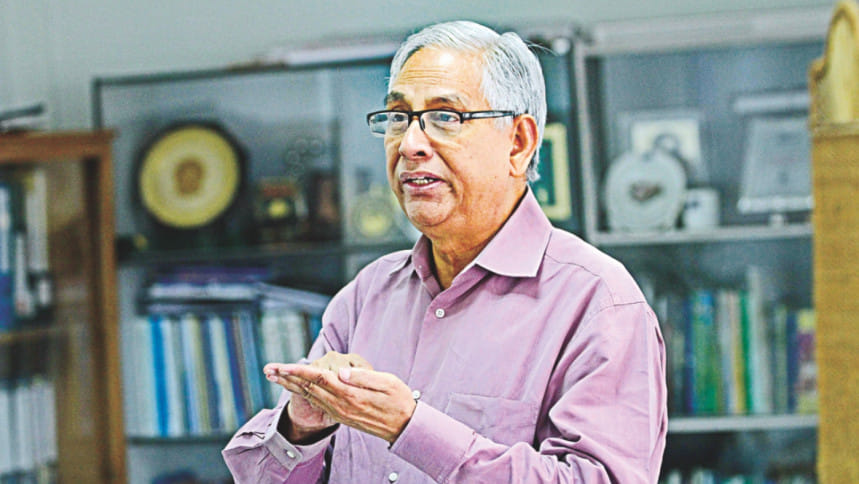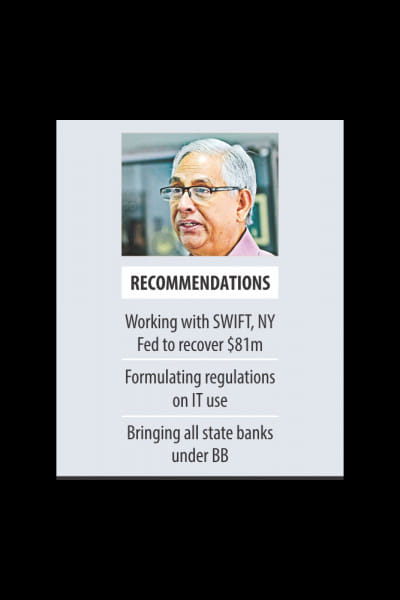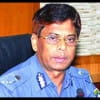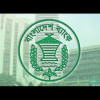Farashuddin wants further probe

The government should carry out further investigation to find out whether the suspected Bangladesh Bank officials were really involved in the $101 million cyber heist, says Mohammed Farashuddin, head of the three-member body that probed the theft.
Some central bank officials were either involved in the heist intentionally or just got caught up in it, according to him.
“A few of them got into it largely due to their carelessness and idleness. But they should still be held accountable.”
“There are some others who appeared to have done so intentionally. But we don't have 100 percent evidence against them and further investigation is required,” he told The Daily Star in an interview yesterday.
In its final report submitted to the finance minister on May 30, the probe body mentioned the names of the government agencies that should carry out further investigation into the matter.
Farashuddin, however, didn't say the number or positions of the suspected BB officials whose names were mentioned in the report.

He maintained his stance that both SWIFT and the New York Fed were responsible for the theft.
“In the final report, we have been able to establish that SWIFT is mainly responsible for the theft. At the same time, the New York Fed is no less responsible. We have evidence.”
Following the theft, the Belgium-based SWIFT and the New York Fed came under huge pressure. The two, however, refuted the claims that their systems were breached during the heist that took place on February 4.
Farashuddin blamed five SWIFT officials who established the link between the SWIFT platform at the BB and the real time gross settlement (RTGS).
“This is not a secret. The main problem lay with the linking of the RTGS and the SWIFT platform. It was completely a foolish step. There was no point in doing that.”
The RTGS deals with local transactions whereas the SWIFT platform has been used for Bangladesh's international transactions since 1995, he said.
“Why should we link the two?”
By linking the two, they had created a local area network of more than 5,000 computers and the defence was gone, he said.
“It was done at the instructions of the SWIFT people. They even had not explained to the BB officials how the system works.”
Farashuddin said SWIFT couldn't provide any document for the transactions carried out through the BB's SWIFT platform from February 5 and March 16. “They don't have any record of the transactions.”
Bangladesh has to recover the stolen money by working together with the New York Fed and SWIFT, instead of suing them, he added.
According to the probe report, at least $54 million of the $81 million that ended up in the Philippines could be recovered.
Filipino remittance company Philrem is now holding $17 million and casino junket operator Kim Wong around $37 million.
“We have to move more vigorously to recover the money,” Farashuddin said, adding that both the prime minister and the finance minister were serious about the issue.
Officials said Finance Minister AMA Muhith would give a statement in parliament on the matter in the middle of the month.
Farashuddin said the cyber theft caused a lot of damage to the BB but it also acted as a warning to the country.
According to the report, in order to ensure the country's cyber security, regulations surveillance should be put in place before launching an IT system.
Farashuddin noted that if the probe body's recommendations for the banking sector are implemented, a strong IT system would be established in the sector.
The probe team suggested that the BB governor would hold office for only one term of six years, and his tenure would not be extended.
The probe body also proposed raising the status of the governor to that of the state minister just like the chief of the Anti-Corruption Commission or the Election Commission under the warrant of precedence.
It recommended that the BB be strengthened, and the central bank, not the Banking Division, would supervise all state banks. The Division would oversee only the insurance companies and other financial institutions.
“There is no point in keeping the state banks under the Division,” said Farashuddin.
The report recommended privatisation of all state banks, except for Sonali Bank.

 For all latest news, follow The Daily Star's Google News channel.
For all latest news, follow The Daily Star's Google News channel. 








Comments